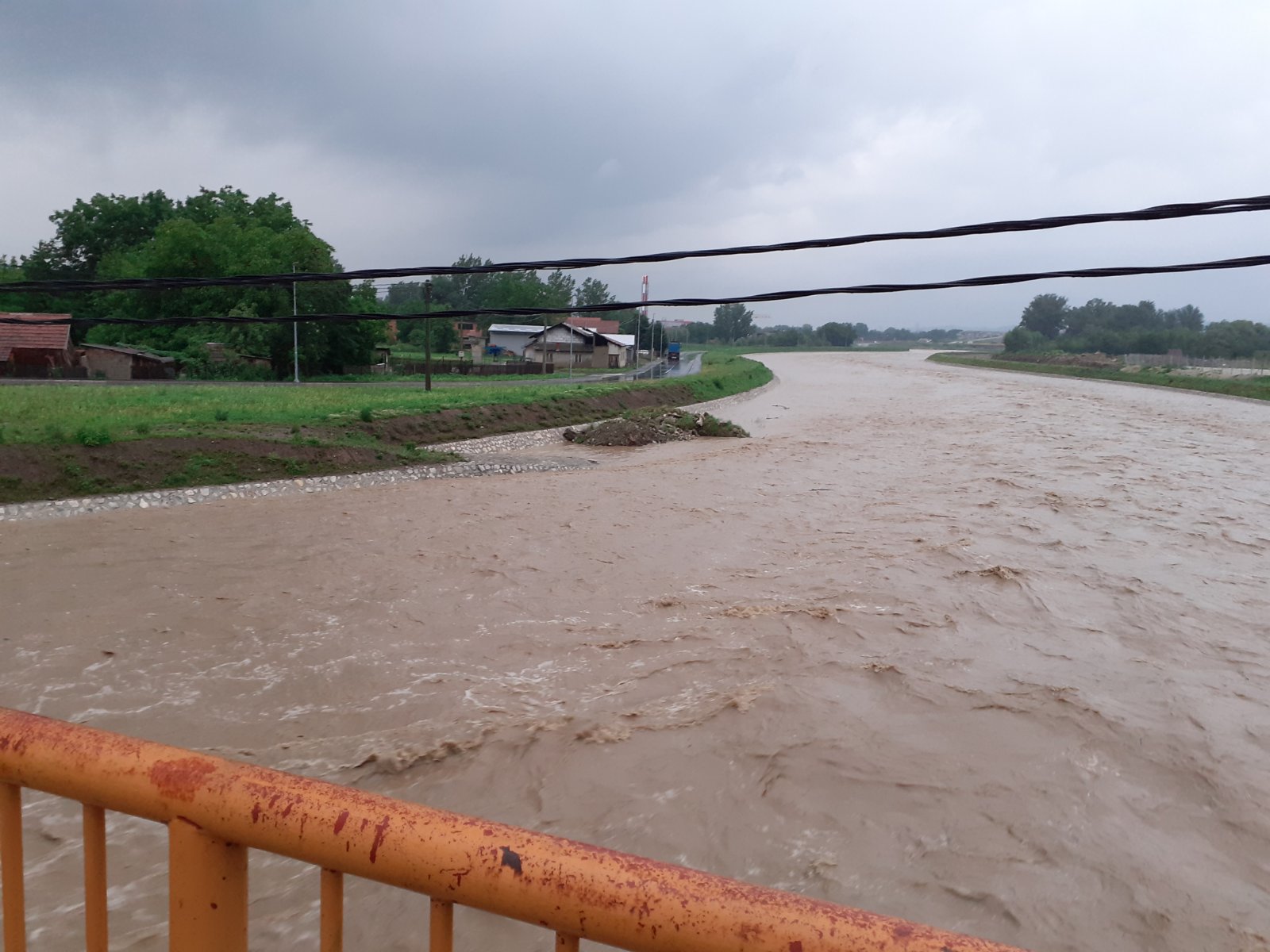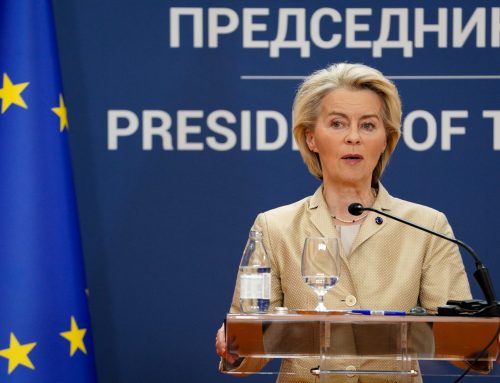In response to floods that hit the Republic of Serbia in late June 2020, the European Union is providing €65,000 in humanitarian funding to assist the most affected people.
This EU funding supports the Red Cross of Serbia in delivering much needed relief assistance, including safe drinking water, food, hygiene and household items together with basic psychosocial support. Households which were hit hard will also receive cash assistance to help them buy what they need most urgently following the disaster. In addition, hygiene promotion activities will inform the affected population about health threats related to the floods, including waterborne diseases. The humanitarian aid will directly benefit 20,256 people in 20 municipalities affected by floods and flash floods.
The funding is part of the EU’s overall contribution to the Disaster Relief Emergency Fund (DREF) of the International Federation of Red Cross and Red Crescent Societies (IFRC).
Continuous heavy rainfalls in late June 2020 caused floods that affected over 50,000 people. Overflowing rivers have damaged bridges, roads and power lines, and flooded houses, adding to the acute challenges the country is already facing amidst the coronavirus pandemic.
Background
The European Union and its Member States are the world’s leading donor of humanitarian aid. Relief assistance is an expression of European solidarity with people in need all around the world. It aims to save lives, prevent and alleviate human suffering, and safeguard the integrity and human dignity of populations affected by natural disasters and man-made crises.
Through the European Commission’s Civil Protection and Humanitarian Aid Operations department, the European Union helps millions of victims of conflict and disasters every year. With headquarters in Brussels and a global network of field offices, the European Union provides assistance to the most vulnerable people on the basis of humanitarian needs.
The European Union is signatory to a €3 million humanitarian delegation agreement with the International Federation of Red Cross and Red Crescent Societies (IFRC) to support the Federation’s Disaster Relief Emergency Fund (DREF). Funds from the DREF are mainly allocated to “small-scale” disasters – those that do not give rise to a formal international appeal.
The Disaster Relief Emergency Fund was established in 1985 and is supported by contributions from donors. Each time a National Red Cross or Red Crescent Society needs immediate financial support to respond to a disaster, it can request funds from the DREF. For small-scale disasters, the IFRC allocates grants from the Fund, which can then be replenished by the donors. The delegation agreement between the IFRC and ECHO enables the latter to replenish the DREF for agreed operations (that fit in with its humanitarian mandate) up to a total of €3 million.




